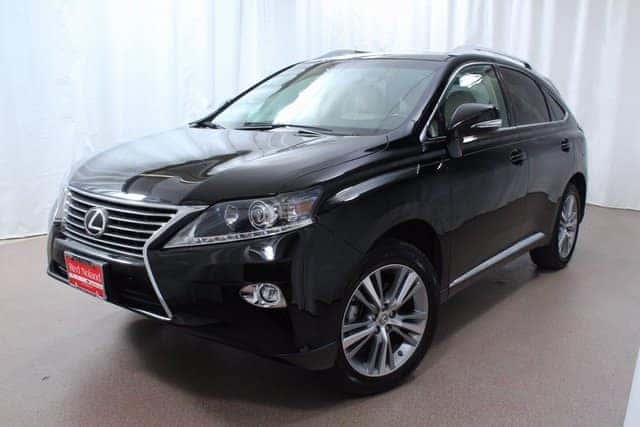PAAR (Pre Arrival Assessment Report) - Here is the step-by-step guide to processing PAAR and the purpose of PAAR in Nigeria. Get Help on Customs documentation prior to cargo arrival and clearance through Nigeria Customs Service. Call our customer care representative now for pre-shipping consultation on 08032241768.
PAAR is an acronym for Pre- Arrival Assessment Report.
Also called Clean Report of Inspection; it is a document which confirms conformity of the imported goods to the destination country’s set criteria and import guidelines. It provides timely, multi-dimensional risk analysis at every stage of customs processes.
PAAR is also a document that determines the rate of duty to be paid on a particular item/group of items imported based on the category and type of the product. It also states clearly the exchange rate at the time of transaction. In Dec, 2012 the then Comptroller General (CG) of the Nigeria Customs Service, Dikko Inde Abdullahi introduced Pre-Arrival Assessment Report (PAAR) as a replacement for RAR (Risk Assessment Report) .
See 5 simple steps to obtaining Form M
Requirements for PAAR Processing:
Final Invoice
Packing List
Original Bill of Lading
CCVO (Combine Certificate of Value and Origin)
SONCAP Certificate
1. The importer contacts his supplier to make the final shipping documents listed above available.
2. The final shipping documents are transferred by courier directly to the importer’s transacting bank i.e where the Form M was originated.
3. The bank receives the documents and then uploads them to the Nigeria Customs Service platform for final PAAR processing.
Note:Nigeria Customs reserve the right to uplift the value, insurance or the freight, if the product is under-valued or the CIF is low.
It is also important to note that, the HS Code can be change if it does not tally with the description of the product declared.
4. Once the PAAR is finally processed, it will be sent to the transacting bank while the importer receives a copy through his mail.
5. The importer then proceeds to his bank to collect his endorsed PAAR and other shipping documents which he will then hand over to Customs broker/clearing agent for the clearing process to take place
Import duty and taxes are due when importing goods into Nigeria whether by a private individual or a commercial entity. The valuation method is CIF (Cost, Insurance and Freight), which means that the import duty and taxes payable are calculated on the complete shipping value, which includes the cost of the imported goods, the cost of freight, and the cost of insurance. In addition to duty, imports are subject to sales tax, and other taxes and levies specific to certain commodities such as excise duty, sugar levy, rice levy, cigarettes levy, automotive levy, etc.
Duty rates in Nigeria vary from 0% to 35%, with the average duty rate at 16.96%. Some products can be imported free of duty e.g. books, agricultural tools. This is done to promote certain activities within the country.
VAT is levied on imports at a standard rate of 7.5% on the sum of the CIF value, duty, excise duty and other taxes if applicable.
There is no minimum threshold in Nigeria. Therefore, imports are subject to duty and taxes regardless of their value.



